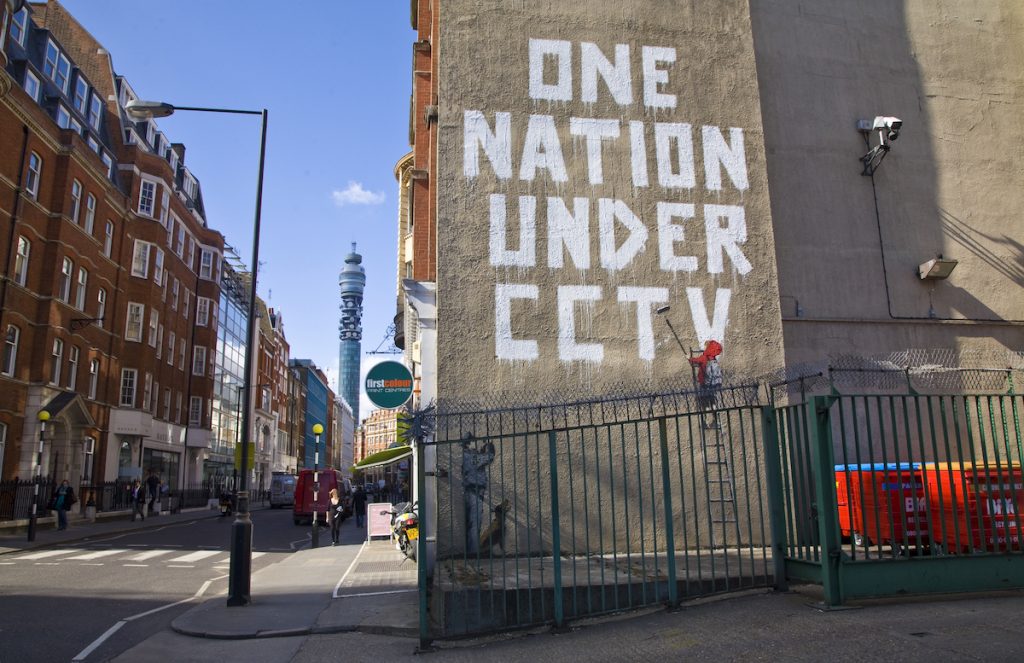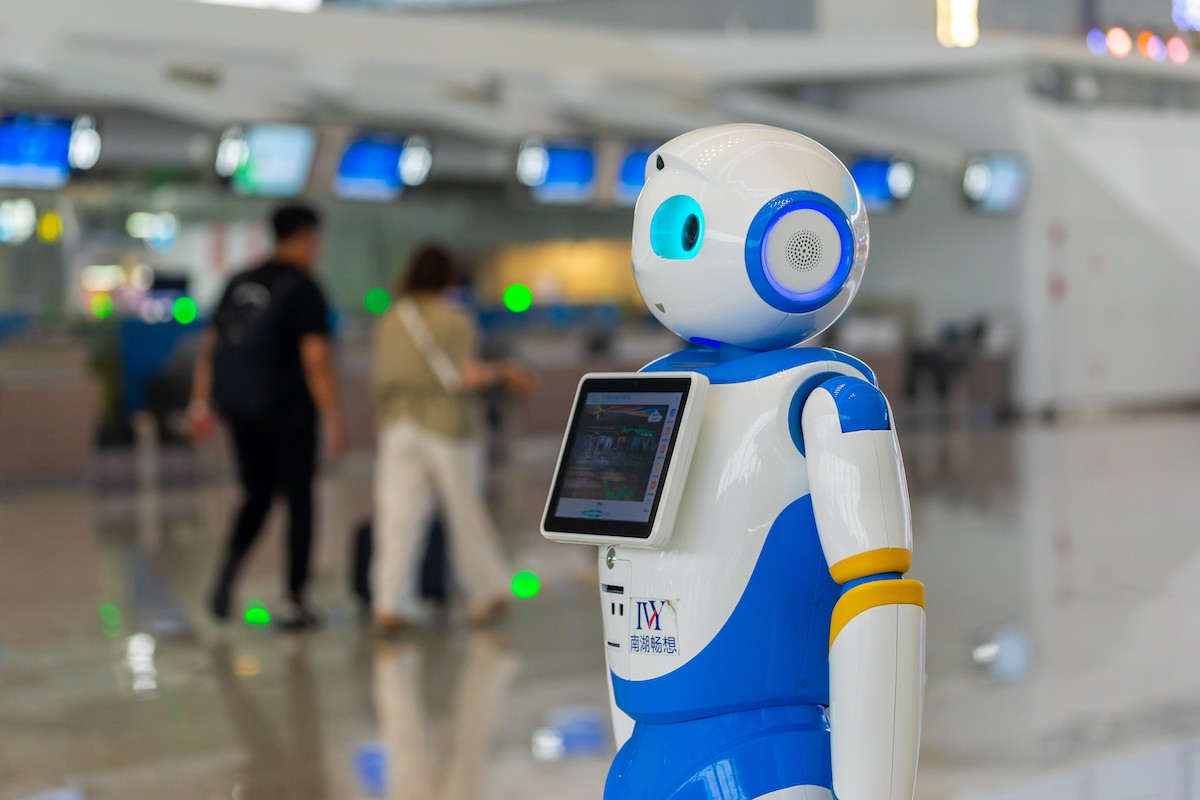In an age when it is possible to access so much information through the internet via personal computers and smartphones, we may well wonder: To what extent has humanity benefited from scientific discoveries and technological advances?
We have certainly benefited in some regards. Developed countries have already launched vehicles to explore deep space, while scientists continue to find new ways to feed humanity, prevent disease, and enhance mobility.
But even if science and technology have allowed humanity to extend the limits of what’s possible, they can also be used for less than salutary motives. We need look no farther than weapons of mass destruction to remind us that science can also be used to sow death and destruction on a massive scale.
In September 2019, Pope Francis said: “The remarkable developments in the field of technology, in particular, those dealing with artificial intelligence, raise increasingly significant implications in all areas of human activity. For this reason, open and concrete discussions on this theme are needed now more than ever.”
Addressing the participants in a seminar titled, ”The common good in the digital age,” organized by the Pontifical Council for Culture and the Dicastery for Promoting Integral Human Development in the Vatican, the pope referred to his encyclical Laudato Si’ to emphasize the great potential offered by new technology, including artificial intelligence.
At the same time, he reminded the audience of the importance of ethical implementation of new methods.
“In my Encyclical Letter on care for our common home, I pointed to a fundamental parallelism. The indisputable benefit that humanity will be able to draw from technological progress depends on the degree to which the new possibilities at our disposal are employed in an ethical manner,” said the pope.

“This correlation requires an adequate development of responsibility and of values alongside the vast technological progress underway,” Pope Francis added.
“Otherwise, a dominant paradigm—the ‘technocratic paradigm’— that promises uncontrolled and unlimited progress will be imposed and perhaps will even eliminate other factors of development, with great danger for the whole of humanity.”
The pope’s concern over the potential dangers from new technology is underscored, for instance, by the development of closed-circuit television cameras with face recognition technology.
First rolled out to help thwart terrorism, these cameras are now in wide use in developed countries such as the United Kingdom. But British citizens are increasingly worried that these CCTV cameras are being used for “rampant surveillance.” Others believe that the new technology suffers from a lack of regulation and violate privacy in public spaces. Now, they are starting to fight back.
A group of British artists, for example, have found a way to deal with the new facial detection system by painting their faces using cubist-inspired designs. By applying random colors and patterns and emphasizing light and dark hues, the shadows and highlights of one’s face can be altered, thus disrupting the facial recognition system.
A similar technique is said to have been used extensively in World War I to camouflage British naval ships and confuse the enemy about their actual location and direction.

Opposition to algorithmic surveillance is not limited to Britain. Russia activists were reportedly arrested last month for holding a similar face paint protest over Moscow’s facial recognition cameras. Hong Kong pro-democracy activists routinely use face masks in street protests to hide their identities.
Closer to home, critics of the increasingly authoritarian administration of President Rodrigo Duterte have taken to social media such as Facebook to register their strident protest against government policies that they feel violate human rights.
But the Philippine government has retaliated against those using the Internet to spread anti-government propaganda and to attack corrupt public officials by charging them with cyber-libel, which is non-bailable and carries long prison terms if proven in court.
The use of technology — and the law — as a weapon to bring critics to heel is a disturbing development in the Philippines that requires a reexamination of what new technology should serve.
If scientific and technological progress benefit only the already affluent and powerful, allowing them to amass more riches, power, and influence, then clearly we are on the wrong track.
On the contrary, as Pope Francis said, rapid and widespread technological advances should be used in an ethical manner, that is, to benefit the whole of humanity, not just a few.
Ernesto M. Hilario writes on political and social justice issues for various publications in the Philippines. The views and opinions expressed in this article are those of the author and do not necessarily reflect the official editorial position of LiCAS.news.







